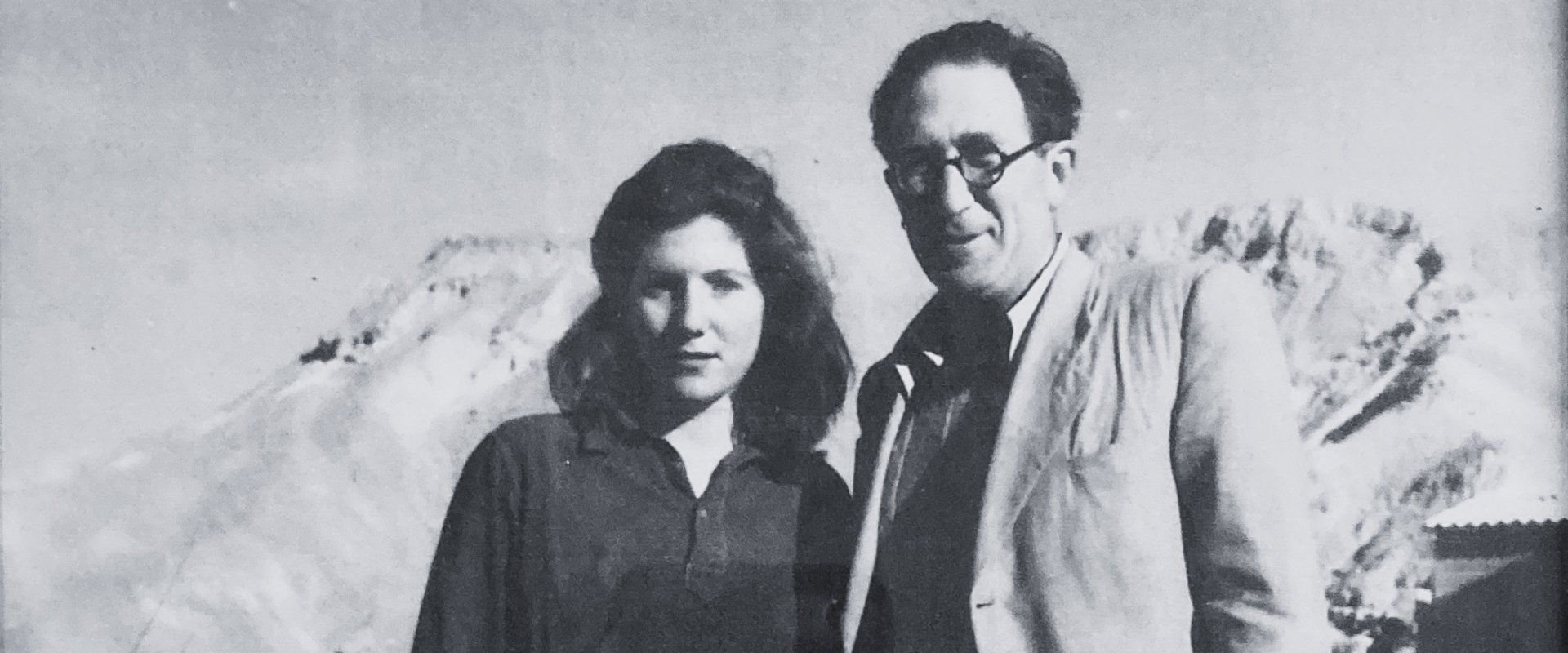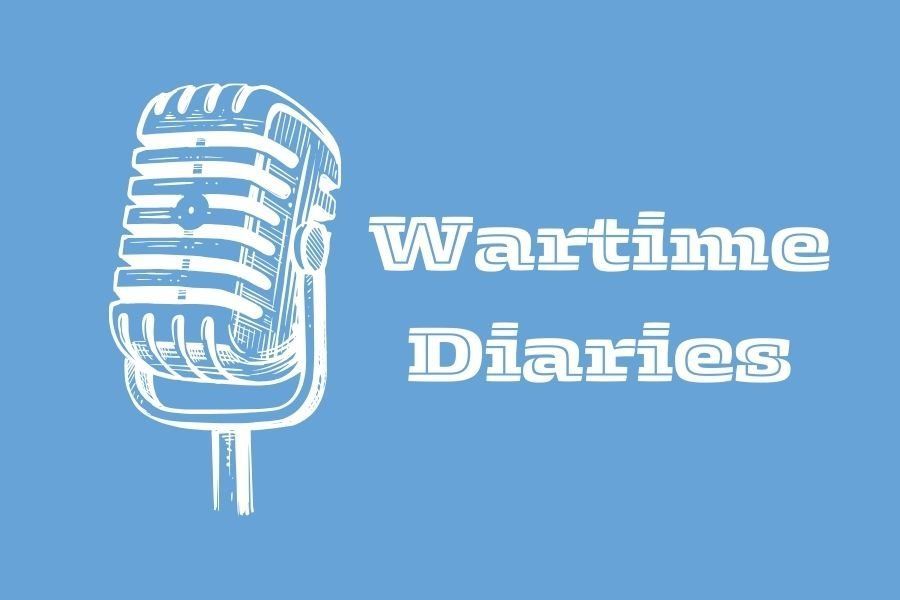Mordechai Schattner
- 20:39
- 2023

Mordechai Schattner was born in Eastern Galicia – then part of the Austro-Hungarian Empire – in 1904. He was a student activist in Zionist movements such as the socialist Young Guard, or HaShomer HaTzair, and HeChalutz, The Pioneer. He made aliyah in 1925, and helped establish Kibbutz Ein Harod, in the Jezreel Valley.
It was there that he became a Labor Party mover-and-shaker, and was ultimately dispatched to pre-war Europe, where he had dealings with the heads of the Nazi regime, including Adolf Eichmann.
After returning to Mandate Palestine, he was elected to the Va’ad HaLeumi, the Jewish National Council, and worked primarily on matters of national infrastructure.
After signing the Declaration of Independence, he served in a series of financial posts – as a representative of the Department of Treasury in Jerusalem, as the head of governmental real estate and infrastructure development agencies, and as the man in charge of the Unit for Unclaimed Property. He was also one of the six founders of Yad Vashem, the National Holocaust Museum, the driving force behind the creation of the town of Nazareth Illit in the Galilee and the Wingate Sports Center, and a member of the committee that selected Israel’s first Supreme Court justices.
He died in 1964, at the age of sixty.
Mordechai Schattner
The thirty-seven people who signed Megillat Ha’Atzmaut on May 14, 1948, represented many factions of the Jewish population: There were revisionists and Labor Party apparatchiks; capitalists and communists and socialists; kibbutznikim, moshavnikim and city-folk; charedi rabbis and atheists.
Over the course of the past several months, our team has diligently tracked down the closest living relative of each one of these signatories, and interviewed them. We talked about their ancestors and families, about the promise of the Declaration, the places in which we delivered on that promise, the places in which we exceeded our wildest dreams, and also about the places where we fell short.
And it is through these descendants of the men and women who – with the strike of a pen – gave birth to this country of ours, that we wish to learn something about ourselves.
Today we’ll meet Mordechai Schattner, and his daughter, Rachel Ofra Eliyahu Schattner. She’ll present one of the many political perspectives we’ll be featuring throughout the series.
Further Reading
In 1961 Eliezer Whartman of the Israel State Archives conducted a series of interviews with 31 of the 37 signatories of the Declaration of Independence. For the full interview with Mordechai Schattner, see here.
Like many of the well-established kibbutzim, Ein Harod Ichud has a rich archive. See this website (in Hebrew) for information about the history and culture of the kibbutz, including links to Ein Harod specific songs, as well as a book celebrating the kibbutz’ centennial.
For a similar site for the “sister” kibbutz, Ein Harod Meuchad, see this website (in Hebrew) which includes many videos.
The Mishkan Museum of Art Ein Harod – which was recently selected by Haaretz as one of the 13 most beautiful buildings in Israel – was founded, in a wood hut, in January 1938, and is today home to many important and groundbreaking exhibits.
For a learned audio discussion on the ideological rupture within the kibbutz movement, see Itzhak Noy’s radio program.
For background on the events leading up to the ‘Black Sabbath,’ see the Central Zionist Archives’ website (English), and for Operation Agatha see the Palmach website (Hebrew).
Credits
Mitch Ginsburg and Lev Cohen are the senior producers of Signed, Sealed, Delivered? This episode was mixed by Sela Waisblum. Zev Levi scored and sound designed it with music from Blue Dot Sessions. Our music consultants are Tomer Kariv and Yoni Turner, and our dubber is Yoav Yefet.
The end song is Po Ein Harod (lyrics – Aharon Zeev Ben-Yishai, music – Yariv Ezrachi, arrangement – Zahi Fodor), performed by Dudu Elharar.
This series is dedicated to the memory of David Harman, who was a true believer in the values of the Declaration of Independence, in Zionism, in democracy and – most of all – in equality.

 Wartime Diaries
Wartime Diaries

